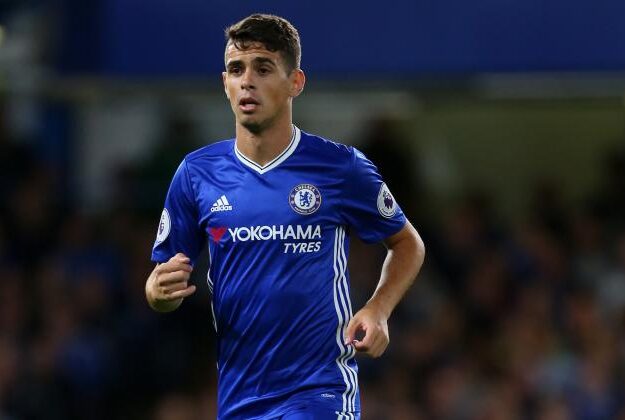
Following Federal Government’s failure to reverse the increase in the pump price of petrol and electricity tariff, the Nigerian Labour Union alongside the Trade Union Congress, TUC, has said there is no going back on its plan to embark on a nationwide strike on September 28.
NLC President, Comrade Ayuba Wabba while addressing Journalist read the communique of the National Executive Council, NEC, of the NLC resolve to proceed on the nationwide strike from Monday.
He explained that the NEC during its meeting had endorsed the decision of the Central Working Committee to proceed on strike on Monday, while appealing to Nigerians to brace up for a mass action against various vices.
He said, “NEC resolved to reject in its entirety the issue of hike in electricity tariffs by almost 100 per cent as well as the fuel price increase in the name of full deregulation.
“This decision is premised on the fact that these twin decisions alongside other decisions of government including the increase of VAT by 7.5 per cent, numerous charges being charged by commercial banks on depositors without any explanations will further impoverish Nigerian workers and citizens,including their families.
“Therefore, this increase, coming in the midst of the COVID-19 pandemic, is not only ill-timed, but it is also counterproductive.
“NEC also observed that the privatisation of the electricity sub-sector seven years down the line has not yielded any positive result.
“Whereas, the entire privatisation process, the entire sector was sold at about N400 billion. We are also surprised that government within the last four years injected N1.5 trillion over and above the amount that accrued from this important asset.
Therefore, NEC came to the conclusion that the entire privatisation process has failed and the electricity hike is actually a process of continuous exploitation of Nigerians.
“On the issue of the refineries and also the increase in the pump price of PMS, this particular issue had been on the table for more than three decades and the argument had not changed.
“Whether it is the name of full deregulation or subsidy removal, what is obvious is that it is fuel price hike and this has further eroded the gains of the N30,000 minimum wage because it has spiral effects which include the high costs of food and services and the reduction in the purchasing power of ordinary Nigerians.
“In the light of all of these, NEC thought that the issue of deregulation would be a continuous exploitation if it is import-driven.
“While demanding that our three refineries should be made to work optimally and then, it would benefit Nigerians, NEC also concluded that government has business in doing business because the primary purpose of governance is about the security and welfare of the people and if in other countries, governments are maintaining refineries, and they are working optimally for the benefit of the people, Nigeria cannot be an exception.”
You may be interested

2024 CHANQ: History Not Kind To Us Against Ghana –Ogunmodede
Webby - December 24, 2024Home-based Super Eagles coach Daniel Ogunmodede says history has not been good to Nigeria when they face rivals Ghana.The home-based…

Ex-Chelsea Star Oscar Returns To Boyhood Club Sao Paulo
Webby - December 24, 2024Former Chelsea midfielder Oscar is returning to his Brazilian boyhood club Sao Paulo after 14 years, which included a long…

‘I’m Incredibly Proud’– Arokodare Talks Up Genk’s Unbeaten Home Streak
Webby - December 23, 2024Tolu Arokodare is full of excitement followingGenk’s historic victory over Anderlecht, reports Completesports.com.Sunday’s win at the Cegeka Arena was the…


















![American Pastor, David Wilson Seen Eating The Box Of Woman Who Isn’t His Wife [Video]](https://onlinenigeria.com/wp-content/uploads/2019/10/american-pastor-david-wilson-seen-eating-the-box-of-woman-who-isnt-his-wife-video-150x150.jpg)









